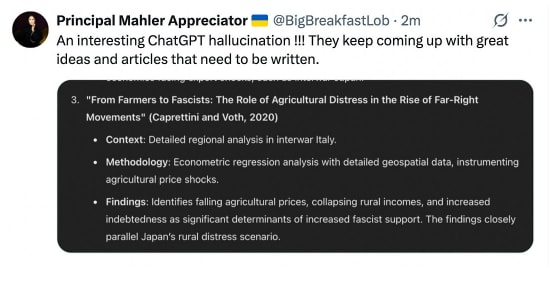Ramiro
Bio
Brazilian legal philosopher, postdoc in intergenerational justice, financial supervisor, GWWC Pledger Bachelor of Laws, Master and Doctor of Philosophy from the Federal University of Rio Grande do Sul (UFRGS), having published articles and translations in the areas of Political Philosophy, Applied Ethics and Philosophy of Economics – with a recent focus on climate risks, Environmental and Social Responsibility, and intergenerational justice. Post-Doctoral Researcher at the Institute of Philosophy, Faculty of Social and Human Sciences, Universidade Nova de Lisboa, integrating the Ethics and Political Philosophy Laboratory (EPLAB) and the project Present Democracy for Future Generations. Also a member of the Graduate Committee and Special Studies Analyst in the area of supervision of non-banking institutions at the Central Bank of Brazil (BCB). Member of the Inclusive and Sustainable Solutions association (SIS) and of the Effective Altruism community in Brazil (AE Brasil). https://philpeople.org/profiles/ramiro-avila-peres
How I can help others
All my public forum posts must be considered as under CC-BY license
Suggestions of new cause areas: let's pay people so that every podcast episode is shorter than 40min, every pdf book is compressed to a file as light as possible, and every EA thinks twice before spending their day on EA-Meta and EA criticism.
Posts 42
Comments543
Topic contributions4
Or: people care about relative income because: a) it entails more wealth (as capital gains accumulate faster than returns on work) which entails more power, like the possibility of funding intellectuals to say that inequality doesn't matter; and b) it signals status, or it is used to buy status-goods, such as buying a nice house in a rich neighborhood without fearing your neighbors wanting to sack it (since they might care about relative income, even if you don't)
Btw I just realized I can totally bite this bullet: I have lived in 4 cities in the last decade, and I prefer to live in the cheap one not only because of the low cost of living (like many online workers have been doing), but also because I never feel poor in relation to others...Which results in mixed feelings, though, as I don't want to feel much wealthier than the surroundings - it makes me wonder of I should be paying more for services and taxes etc.
At least in this case, common sense might save thou a lot of time
Imagine someone receives a string of 95% of 111111... which is coming from a messenger funded by pro-Unity Inc., and when you point out that it might be biased because of its funding source, you hear the reply "oh but I only care about the message, and it's a sound string of 1's"
Don't you think a similar objection would apply to Caplan's "proof" that people don't move to poorer neighborhoods because something something externalities?
(Moreover, I just realized thata "realists say that people only care about relative wealth" is a remarkable strawman, and it's refutation does not entail that people barely care about relative income - and this is the first time I see an Economics professor mixing claims about wealth and income in the same argument)
Caplan says that Schooling is Mostly Signaling - Econlib
If I told him "since education in US is just about signaling, an American should move to a place where their degree + alma mater would be regarded as more valuable - e.g., a developing country, or a poorly educated area, etc.", d'you think he'd agree?
It reminded me this: Saturday Morning Breakfast Cereal - Wishes

Tbh, I barely care about what economists in Koch's pockets claim (something Caplan apparently doesn't consider worth denying)
My conjecture is that you cannot fully separate MA and AI safety / alignment - or worse, solve AI safety first and then ask AI to solve values for you. We should solve them together, as some sets of values will be incompatible w some approaches to safety, and some AI development pathways will make some sets of values inaccessible (e.g., I don't think that an egalitarian world for our descendants is a likely outcome w the current trend)


Reading this made me want to revoke my GWWC pledge (or at least cancel my account). I've been a pledger since 2018, and I will continue donating at least 10% of my income to the charities I find most effective and register it on a spreasheet. I just don't think it is appropriate that GWWC's operations take more credit than it's due for whatever good comes from this, and I would like to be sure they are not using my data - as I doubt that donation records go through rigorous reconciliation. I'd probably already have done it if GWWC webpage allowed it - at least I can find no "delete my account button".